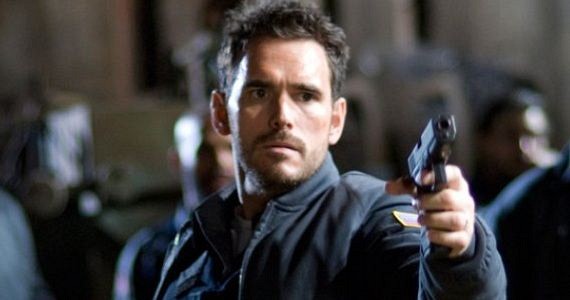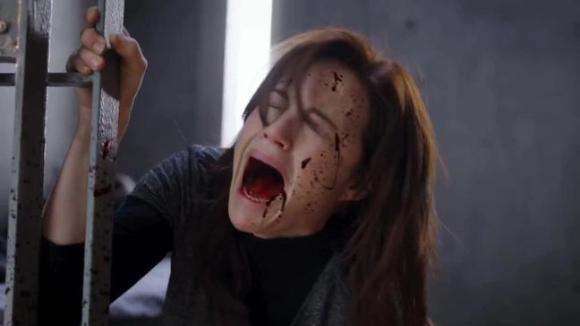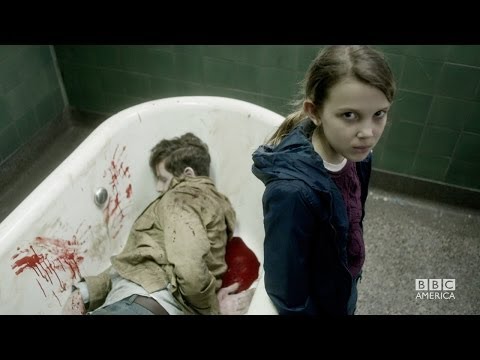I was wary of Wayward Pines.
It came down to two things. The first was the name “M. Night Shyamalan” propped up prominently in the advertising. Most of his work since The Village has been the film equivalent of a raging tire fire, and after what he did to Avatar: The Last Airbender, I wasn’t sure I’d ever watch anything he was involved in again. However, Shyamalan deserves some credit here for making Wayward Pines work. His tendencies to lean on moody atmosphere and a deliberative pace in the pilot set the tone for the rest of the first season. I wonder if working off another’s material – the series is based on the books by Blake Crouch – as well as working on a television series, which is more collaborative than the auteur role Shyamalan is used to as a film director, is part of what is responsible. If so, that mix has proven potent, and Wayward Pines can head in some interesting directions from what’s been established already.
The second thing that concerned me were the comparisons to Twin Peaks that were popping up in early reviews. I view Twin Peaks as one of the most uniquely twisted shows in the history of television, almost sacred because of the swirl of odd humor, kinky otherworldliness and dark underpinnings that are unmatched. Well, it turns out I didn’t have anything to worry about, because those reviews were dead wrong. Wayward Pines is distinctly lacking in sense of humor, which isn’t a put down. That’s just not what the show is, and it’s the easiest thing to point to as a difference when comparing it to Twin Peaks. Also, in Twin Peaks, the secrecy that drives the show is the hidden lies of the townspeople who are living the small-town, American dream. Wayward Pines‘ secrecy is more about the workings of the town itself, how it came to be, why it is so isolated, the planned machinations happening behind the scenes and what those machinations result in. Really, Wayward Pines feels much more like Lost than Twin Peaks.

FBI agent Ethan Burke (Matt Dillon) won’t follow the party line in Wayward Pines: Don’t talk about the past, don’t go past the wall.
Hopefully, the Lost comparison won’t extend past the first season. The ending of season one changes the focus of Wayward Pines, spinning the plot in a different direction. The cast could potentially be radically different as well, even after the culling of familiar faces throughout the first season. The potential is there for long-term success, if the show and the folks running it can maintain the balance of plausibility of the action with the more far-out, fantastic elements that are part of this cloistered world.
If not, it could get … well, lost, for lack of a better way to put it. The ending of season one leaves the show dangling on a precipice, a radical change of course charted for the upcoming season. Abandoning the situation as it was, moving ahead a few years, could test the patience of fans if it is not handled delicately, possibly even alienate fans who would like more of what they saw and aren’t ready to push on.
I, for one, have hope. We’ll see if that hope is rewarded.




